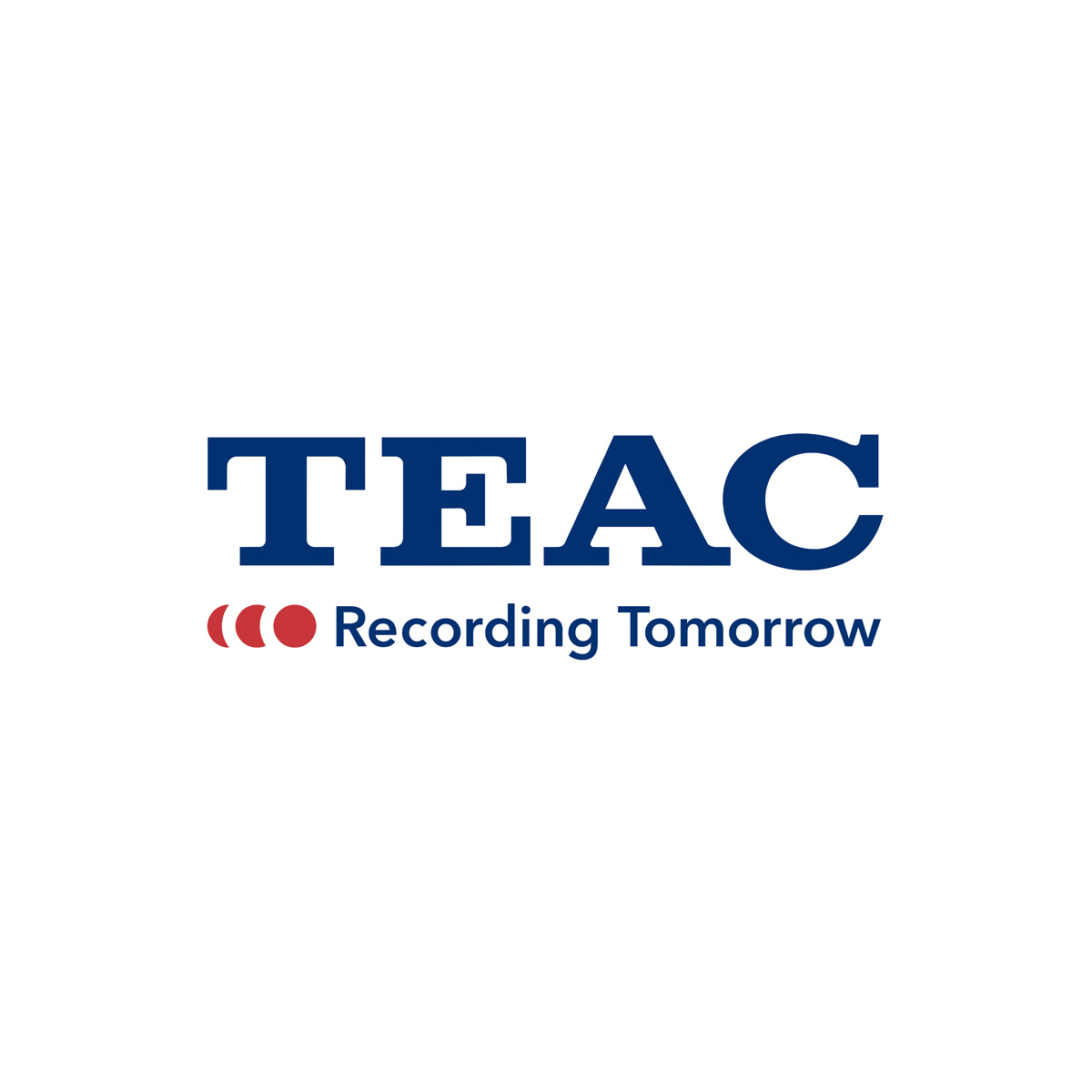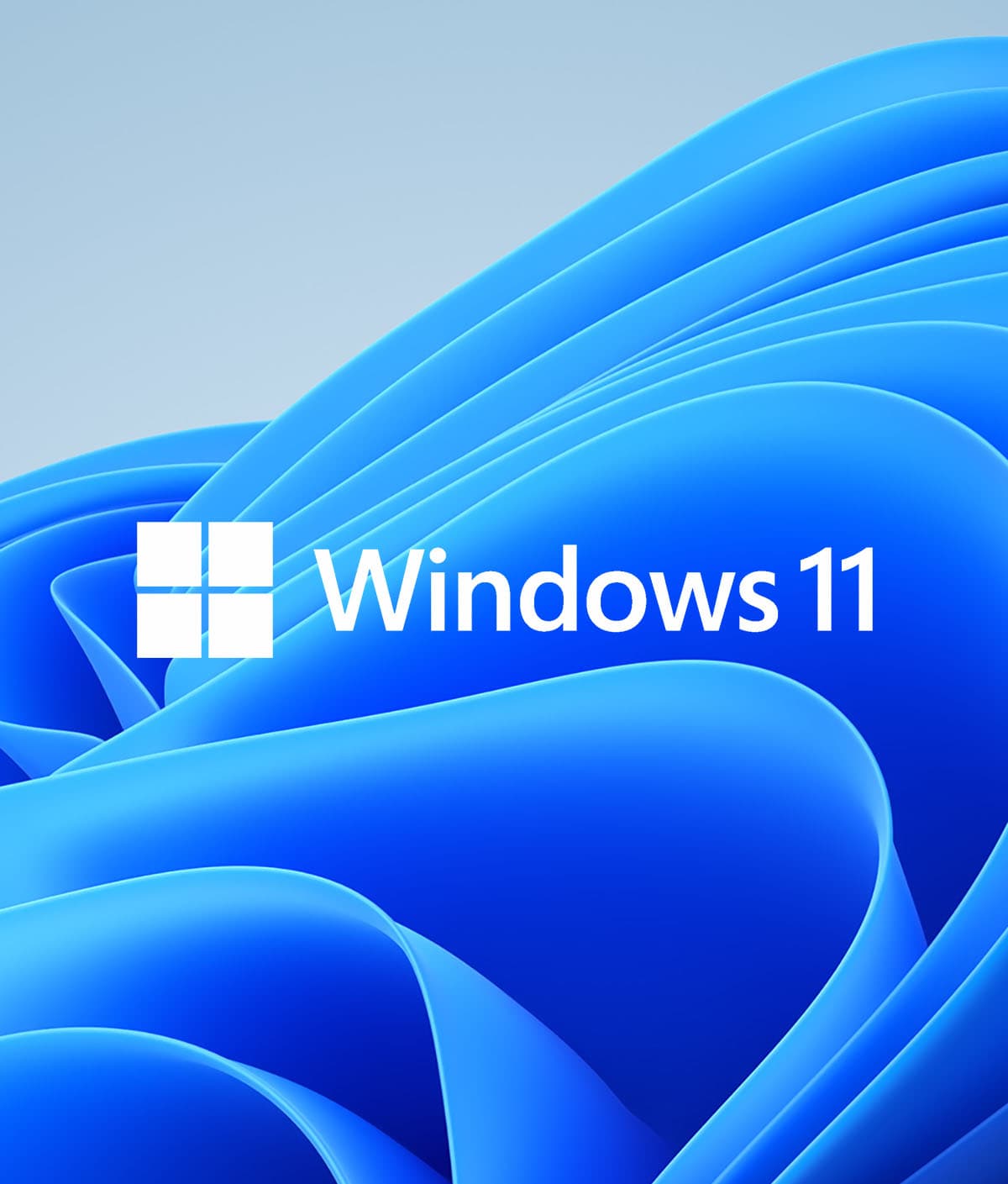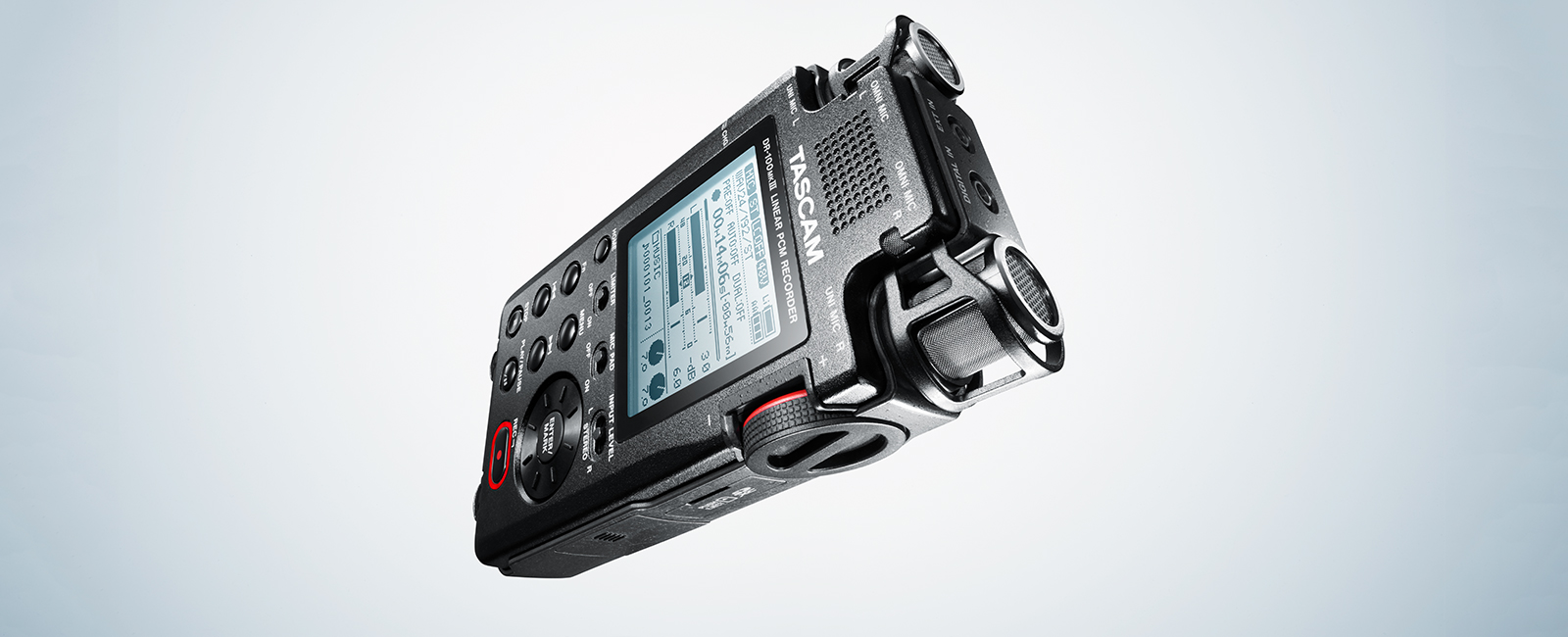 Doylestown, PA—September 2016… When you hear their music, you know immediately that brothers George and Geoff Hazelrigg are fine classically and jazz-trained musicians. The Hazelrigg Brothers’ trio sound is primarily acoustic, and although their overall style has recognizable roots, it is a product of an unusual musical background. George mostly plays piano with the trio but he started out as a harpsichordist. Geoff plainly has studied the masters of upright bass but he, too, has an eclectic musical background. Their material ranges from Bartok to Hendrix, and it always sounds natural, never forced or stylized.
Doylestown, PA—September 2016… When you hear their music, you know immediately that brothers George and Geoff Hazelrigg are fine classically and jazz-trained musicians. The Hazelrigg Brothers’ trio sound is primarily acoustic, and although their overall style has recognizable roots, it is a product of an unusual musical background. George mostly plays piano with the trio but he started out as a harpsichordist. Geoff plainly has studied the masters of upright bass but he, too, has an eclectic musical background. Their material ranges from Bartok to Hendrix, and it always sounds natural, never forced or stylized.
The Hazelriggs have plenty of experience with modern production. George studied recording in New York City, learning on classic large-format consoles and tape decks, and Geoff is a self-taught electrical engineer. They have even designed and marketed professional audio products. But well versed as they are in multitrack production, they prefer to record their live performances direct to stereo. That wasn’t always the case before they discovered TASCAM’s DR-100mkIII 24-bit/192 kHz linear PCM recorder.
“In the past, we recorded rehearsals but we rarely recorded our live performances,” admits George. “We have done two-track recordings for release but when we’ve recorded live with most two-track machines, the recordings feel very flat, and you don’t get the sense of space. It’s hard to differentiate ambient noise from the music and to distinguish the instruments during soft passages. Recording live wasn’t inspiring because it didn’t capture our energy. That has changed because the DR-100mkIII handles dynamics so much better than the others, and it does capture our energy. We were very surprised, when we first listened to it, how much depth there was. Even if an instrument is soft, it still comes through. It feels more clear and detailed, more true to the source. That’s a big deal.”
The brothers perform a lot in Doylestown, where they live, about 27 miles north of Philadelphia, and they often appear at a Sunday night jazz jam session. “The jam is generally recorded on one of these other machines, and the guy who heads it up always sends us the file,” George relates. “It’s very hard to tell what’s going on. The piano’s too soft—generally it’s me!—or the drums are too loud, and so on. So we set the TASCAM DR-100mkIII on the piano, recording with the onboard mics. The drums were loud, but everything was very clear, and you could still hear all of the detail. Even when I was playing very softly, so the piano was low in the mix, it still came through. It sounded great!”
Another advantage is the simplicity of recording with the DR-100mkIII. “Before, it felt like we were dragging out half our studio to record our band,” Geoff avers. “Now, we put the DR-100mkIII on a tripod, and it goes everywhere. The recordings are so clear and balanced, we finally have a sense of how we sound live, where it counts. We even plug the recorder into the car stereo system and critique the performance on our way home. It’s exceedingly valuable.”
“We recorded a big outdoor show, and the first thing that struck me when we listened to the recording was that all of our tempos were 5 bpm faster,” recalls George. “So we learned that in this scenario, we tend to play a bit faster, and we could decide what to do based on evidence. Before we had the DR-100mkIII, we might not have even recorded that show because we were so dissatisfied with the experience. The TASCAM recorder sounds so much better and is so easy to use, we’re finally comfortable recording our live shows. And hearing what we really sound like live, with all the energy and depth, helps us perform better.”






![[Updated] Information regarding macOS Tahoe compatibility](/images/products/_tmp/learn/thumbnail/macos_tahoe.jpg)

